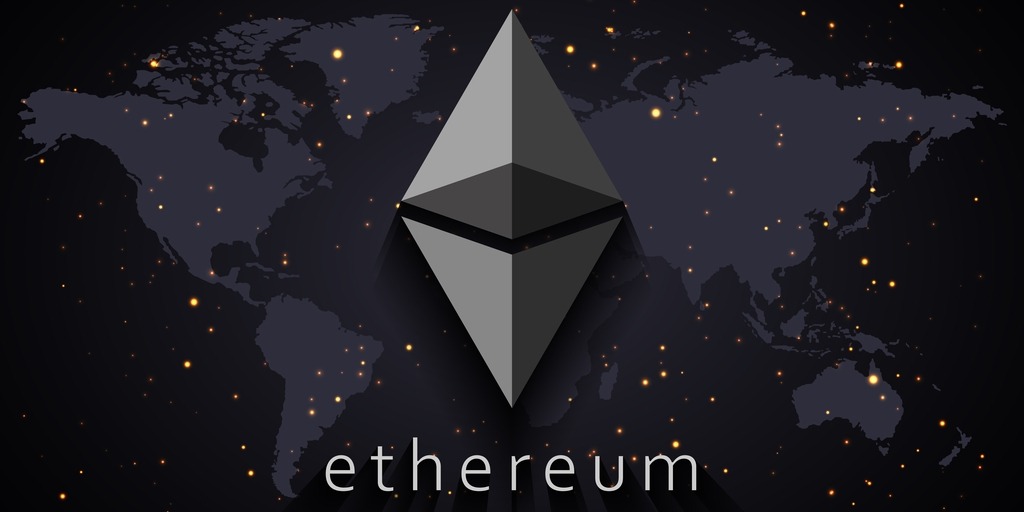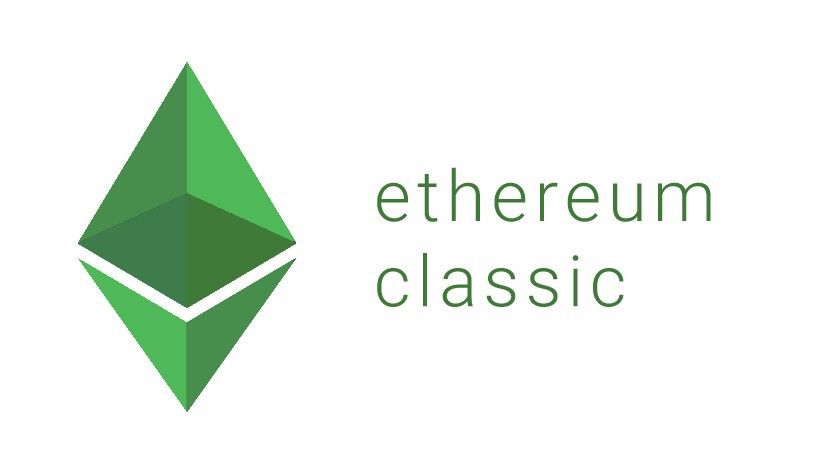Top 7 Ethereum Personalities And Their Present Jobs
Vitalik Buterin is undoubtedly one of the first names that spring to mind when considering Ethereum. The Russian-Canadian programmer has become prominent in the bitcoin business, representing the intelligent contract network and gaining widespread recognition. However, even though Buterin served and continues to serve as Ethereum’s de facto frontman, seven other very clever persons contributed to Ethereum’s growth from its whitepaper inception to its current position. Except for Buterin, none of these persons actively contribute to the creation and operation of Ethereum at this time.
A review of these founding members’ current professions shows the following:
Mihai Alisie:The beginning of Buterin and Alisie’s professional relationship stretches back to 2011 when they co-founded Bitcoin Magazine. Alisie was instrumental in developing the legal and financial underpinning for Ethereum in Switzerland. After opening bank accounts and dealing with attorneys during the pre-sale campaign for Ethereum, Until the end of 2015, he was vice president of the Ethereum Foundation. During that time, he was in charge of the campaign’s construction. Alisie then departed to concentrate on creating his blockchain-based and decentralized social media network, Akasha.
Charles Hoskinson:Formerly the CEO of Ethereum, is an American entrepreneur who was one of Ethereum’s first five co-founders. Hoskinson envisioned Ethereum as a for-profit organization, but Buterin chose to administer the platform as a non-profit. Buterin finally prevailed, and Ethereum is now governed by a non-profit organization (which it still is today). As a direct result, Hoskinson was asked to leave the company in 2014, and he supported the hard fork of Ethereum Classic before launching the Cardano network. Cardano has made tremendous progress over the last several years and is presently the eighth-largest cryptocurrency by market capitalization.
Cardano is an open platform that seeks to provide economic identity to the billions who lack it by providing decentralized applications to manage identity, value and governance
— Charles Hoskinson (@IOHK_Charles) August 2, 2020
Anthony Di Iorio: He is recognized as one of the first co-founders of Ethereum. Di Iorio is recognized as having a significant impact on the marketing and branding activities of the Ethereum network. However, he shared Hoskinson’s disdain for Buterin’s pursuit of a non-profit organization. Di Iorio left in 2015 to seek a position as a chief digital officer at the Toronto Stock Exchange. As a result, he established Decentral, the company responsible for the Jaxx wallet. Surprisingly, in 2021, Di Iorio said he was leaving the bitcoin industry, citing security concerns. He announced his intention to sell his Decentral and Jaxx shares.
Also read: Top 5 Blockchain Startups and What Their CEOs Have In Mind
Amir Chetrit:During his stint at Coloured Coins, Buterin collaborated with Amir Chetrit, a dual American-Israeli national who dropped out of computer science school. Late in 2013, Buterin extended Chetrit an invitation to co-found Ethereum with him. According to writer Matthew Leising, however, other founding members believed that Chetrit was not contributing his fair labor share. Consequently, he resigned in 2015 as a result. Chetrit has opted to avoid all forms of exposure and keep a low profile.
Gavin Wood:The British computer scientist Gavin Wood is credited with developing the first Ethereum testnet in C++. However, in 2016, he resigned as CTO of the Ethereum foundation to create Polkadot, a blockchain network now marketed as a rival to Ethereum. He requested a seat at the company’s founders’ table to compensate for his services. He then suggested Solidity as the name of Ethereum’s core programming language.
Joseph Lubin: He is widely acknowledged as the founder of Consensys. Joseph Lubin developed Consensys. This New York-based software company provides the Ethereum product suite, which lets businesses and software developers construct modern financial infrastructure. Before joining Consensys, Lubin was widely regarded as the Ethereum co-founder with the most comprehensive industry expertise. In addition to his technical expertise, he thought he provided financial resources to the embryonic Ethereum project to keep it afloat.
Jeffery Wilcke:He shares several characteristics in common with Gavin Wood. Similar to Wood, he created Ethereum as a computer programmer. As opposed to Wood, he used Google’s Go programming language as opposed to C++. In 2014, he was listed on Ethereum’s list of founders. After a few years, Wilcke decided to quit Ethereum and launch a video game business with his brother. The name of the firm was Grid Games. Wilcke said in a tweet from 2019 that he considered his time would be “better spent” away from the chaos surrounding Ethereum.
Stay informed with daily updates from Blockchain Magazine on Google News. Click here to follow us and mark as favorite: [Blockchain Magazine on Google News].
Get Blockchain Insights In Inbox
Stay ahead of the curve with expert analysis and market updates.
latest from tech
Disclaimer: Any post shared by a third-party agency are sponsored and Blockchain Magazine has no views on any such posts. The views and opinions expressed in this post are those of the clients and do not necessarily reflect the official policy or position of Blockchain Magazine. The information provided in this post is for informational purposes only and should not be considered as financial, investment, or professional advice. Blockchain Magazine does not endorse or promote any specific products, services, or companies mentioned in this posts. Readers are encouraged to conduct their own research and consult with a qualified professional before making any financial decisions. The featured image used is just a creative depiction of the title and it does not intend to hurt sentiments of any person or institution. If it hurts anyone sentiments, please do not hesitate to reach out to Blockchain Magazine.

 Bitcoin
Bitcoin  Ethereum
Ethereum  XRP
XRP  Tether
Tether  Solana
Solana  Dogecoin
Dogecoin  USDC
USDC  Cardano
Cardano  Lido Staked Ether
Lido Staked Ether  TRON
TRON  Chainlink
Chainlink  Avalanche
Avalanche  Sui
Sui  Wrapped stETH
Wrapped stETH  Wrapped Bitcoin
Wrapped Bitcoin  Stellar
Stellar  Toncoin
Toncoin  Hedera
Hedera  Shiba Inu
Shiba Inu  WETH
WETH  Polkadot
Polkadot  LEO Token
LEO Token  Bitcoin Cash
Bitcoin Cash  Litecoin
Litecoin  Hyperliquid
Hyperliquid  Bitget Token
Bitget Token  Official Trump
Official Trump  Uniswap
Uniswap  Pepe
Pepe  Wrapped eETH
Wrapped eETH  USDS
USDS  NEAR Protocol
NEAR Protocol  Ethena USDe
Ethena USDe  Aave
Aave  Aptos
Aptos  Internet Computer
Internet Computer  Ondo
Ondo  WhiteBIT Coin
WhiteBIT Coin  Ethereum Classic
Ethereum Classic  Monero
Monero  Cronos
Cronos  Mantle
Mantle  POL (ex-MATIC)
POL (ex-MATIC)  Render
Render  Dai
Dai  Algorand
Algorand  Bittensor
Bittensor  MANTRA
MANTRA 



